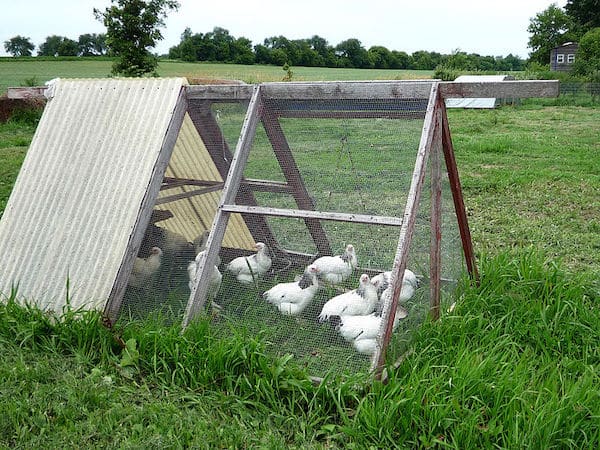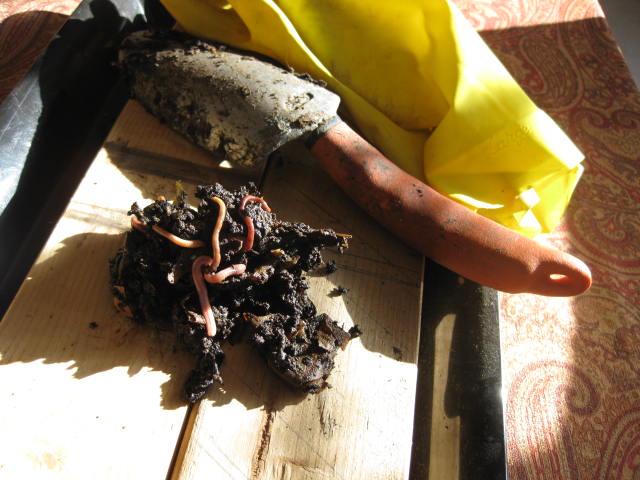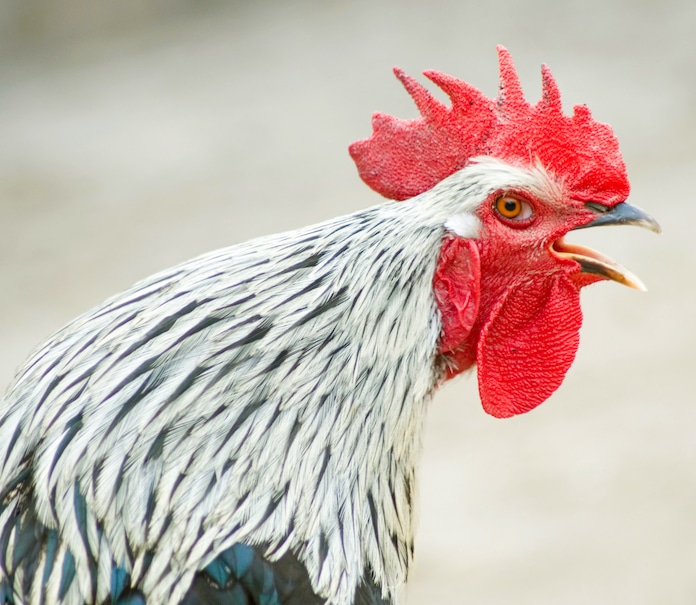Updated: April 10, 2020
Deep litter may be the best idea to come out of Harvey Ussery’s book The Small-Scale Poultry Flock. If it’s not the best, it certainly is the most controversial idea on the subject of backyard chicken raising.
It’s unclear if Ussery actually invented the term deep litter, or he latched on to the popular idea when he wrote his book.
Let’s take a sec to get the legal words out of the way. This article may contain affiliate links. That means if you click and buy from my partners, I will make a tiny amount of money. This in no way affects my recommendations.
What is deep litter?
Deep litter is a strategy, based on chemistry, to manage manure in the chicken coop. More to the point, Ussery claims his coop doesn’t even have a hint of ammonia. Yet he almost never cleans it out.
Plus, he says his chickens are healthier because he doesn’t.
As you can imagine, excessive ammonia from chicken manure can damage a chicken’s sense of smell. Not to mention, it can be unpleasant for humans, too.
Deep litter takes some of the work out of raising chickens
— Suburban Hobby Farmer
So Ussery essentially turns the chicken manure into compost right inside the chicken coop.
Some very experienced hobby farmers think this is the craziest thing they’ve ever heard. It just doesn’t work.
But Ussery begs to differ. In his book, The Small-Scale Poultry Flock, Ussery says composting inside the coop keeps his chickens healthy because the good compost microbes keep the bad microbes in check.
As a result, the chickens are less likely to develop infections. Also, chickens love to scratch and rummage through the litter. So they are entertained and happy. No one knows for sure, but I bet happy hens lay more eggs.

The key to deep litter
Ussery starts with 12 inches of high carbon bedding material to balance the high nitrogen manure. The litter must fluff up and not compact so that it contains enough air to feed the good microbes.
You need to get the bedding and manure cooking (composting).
He usually uses oak leaves as bedding because he has a free source of the material, but straw or black and white newspaper stripes would be good alternatives. Anything that is carbon rich and will fluff up will work.

How to Improve Soil
All the ways I know to improve your soil.
Probably the most popular bedding material today is wood shavings. You can include these in the list of high carbon bedding materials. People like wood shavings because they hold their form longer. Unfortunately, a lot of wood shavings can be expensive.
Just about anyone who is interested in making compost knows that there are three golden rules you need to follow to get a pile cooking. You must:
- Maintain a carbon to nitrogen materials ratio of about 30 to one.
- Keep the pile moist but not too wet (like a damp sponge that has been wrung out).
- Supply air to the microbes to keep them cooking.
The same rules apply with the deep litter method of chicken manure management.
The chicken coop floor
You also should have a coop with a dirt floor when using this method. A wood floor would slow down the microbes migration from the dirt to the litter. It also would prevent the compost from wicking up moisture from the ground.
For more on this, see my post on Making Compost Faster.
However, many chicken coops can’t have a dirt floor because predators could easily tunnel in.
Another problem with deep litter is keeping it damp but not too wet. Chickens are messy drinkers.
You’ll have to take precautions to keep the drinking water out of the litter. Otherwise, mold and pathogens are likely to grow, which would be unhealthy for both chickens and people.
Related: For more info on chicken coop kits, click here.
One of the pluses of this type of manure management is that the chickens will happily turn the compost as part of their normal activities. You can even get them more excited about digging in the litter by hiding a little food in it.

Add bedding before it smells
At the first sign of ammonia (or even a little before), Ussery adds more litter. This adjusts the carbon to nitrogen ratio, making the microbes happy and eliminating the smell.
If you do it right, you should generate a little natural heat from the compost, which the birds will appreciate in the winter.
Using this method, Ussery only has to clean out his coop when he needs compost. This takes some of the work out of raising chickens. Sounds like a good idea to me.
Related articles:
Suburban Hobby Farmer is a participant in the Amazon Services LLC Associates Program, an affiliate advertising program designed to provide a means for sites to earn advertising fees by advertising and linking to amazon.com.*If you purchase using this link, I make a small amount of money that helps me continue to keep writing this blog.